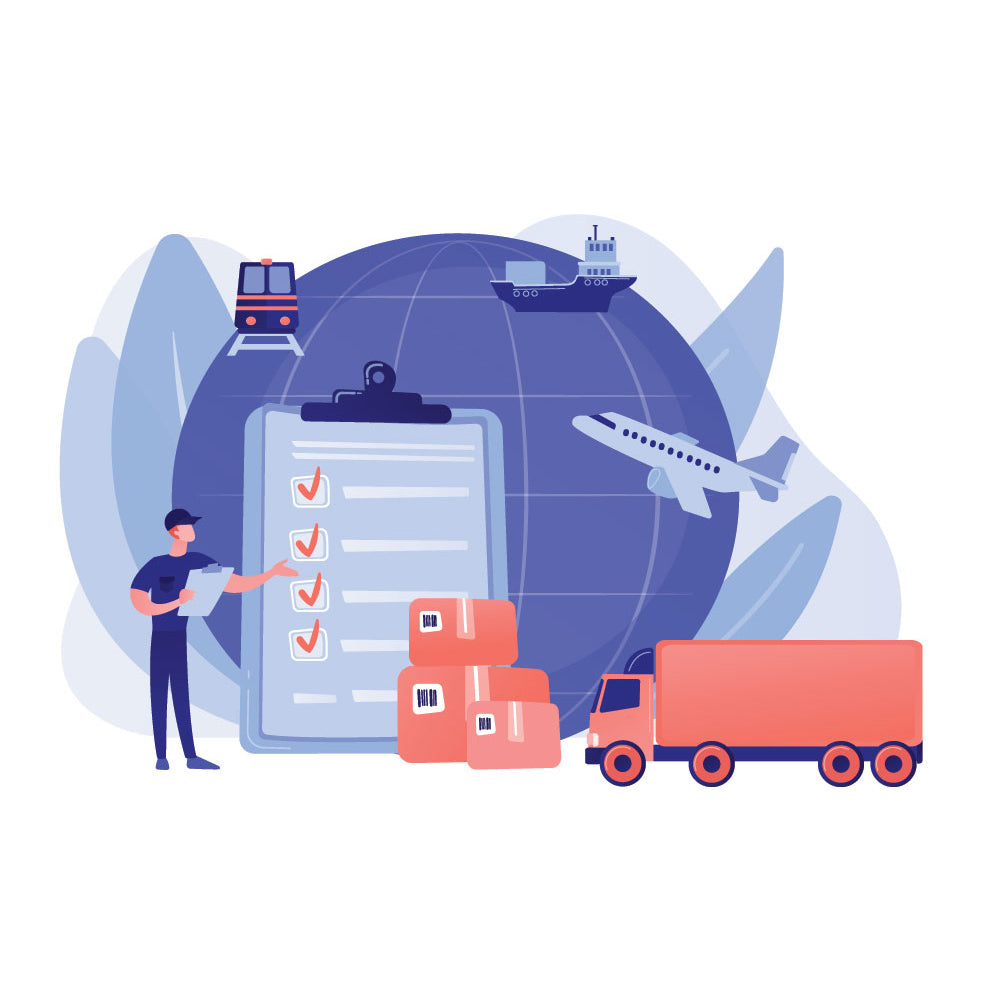Navigating Import and Export Compliance

#InternationalTrade #SupplyChainLogistics
The globalized nature of modern business necessitates a seamless international supply chain, where goods flow efficiently across borders. However, amidst complex international trade regulations, tariffs, and import-export procedures, ensuring the legal compliance of goods moving through the supply chain becomes paramount. This blog explores the significance of import and export compliance in international supply chain logistics, highlighting the key concepts of international trade laws, tariffs, and customs procedures that facilitate the legitimate and compliant movement of goods.
1. Understanding International Trade Laws:
International trade laws form the legal framework governing cross-border trade between nations. These laws aim to promote fair trade practices and protect domestic industries. Exploring key agreements such as the World Trade Organization (WTO) and regional trade agreements, we examine their impact on import and export compliance in supply chain logistics.
2. Navigating Import Compliance:
Import compliance involves adhering to various regulations and procedures when bringing goods into a country. This section delves into the following crucial aspects of import compliance:
- a. Classification and Harmonized System (HS) Codes: Understanding the role of HS codes in categorizing products and determining import duties and restrictions.
- b. Import Licensing and Permits: Exploring the significance of obtaining import licenses and permits to comply with specific import regulations.
- c. Customs Valuation: Unraveling the methods employed to determine the customs value of imported goods and the impact on tariff calculations.
- d. Rules of Origin: Addressing the rules of origin, which define the criteria for determining the country of origin and the implications for tariff rates and trade agreements.
- e. Import Documentation: Discussing essential import documents such as commercial invoices, bills of lading, and customs declarations required for import compliance.
3. Ensuring Export Compliance:
Export compliance focuses on meeting the regulations and procedures associated with the lawful shipment of goods out of a country. This section explores the following key aspects of export compliance:
- a. Export Control and Restricted Goods: Analyzing export control lists and regulations to ensure compliance with restrictions on the export of certain goods, technologies, or services that may pose security risks.
- b. Export Licenses and Authorizations: Understanding the types of export licenses, permits, and authorizations required for exporting controlled goods or commodities.
- c. Export Documentation: Discussing crucial export documents such as commercial invoices, export declarations, and shipping instructions necessary for export compliance.
- d. Sanctions and Embargoes: Highlighting the importance of avoiding trade with countries under economic sanctions or subject to international embargoes to ensure export compliance.
4. Implementing Effective Compliance Programs:
To establish a robust import and export compliance framework within the supply chain, companies must develop comprehensive compliance programs. This section examines the key components of an effective compliance program, including internal policies, risk assessments, training programs, and audits to detect and mitigate compliance violations.
Conclusion:
In an interconnected global marketplace, the success of international supply chain logistics relies on ensuring the legal and compliant movement of goods across borders. By navigating import and export compliance, businesses can mitigate risks, avoid penalties, and foster a reputation for ethical and responsible international trade practices. Embracing the principles of international trade laws, understanding tariffs, customs procedures, and implementing effective compliance programs are crucial steps towards achieving a seamless, efficient, and compliant supply chain.




You deserve a round of applause for highlighting the significance of international trade laws in guaranteeing seamless cross-border trade. I bet my cousin would want to read this article when she talks to a consultant later. Her boss wants her to find out the best way for their company to start exporting their products next year. https://www.braumillerconsulting.com/
Leave a comment